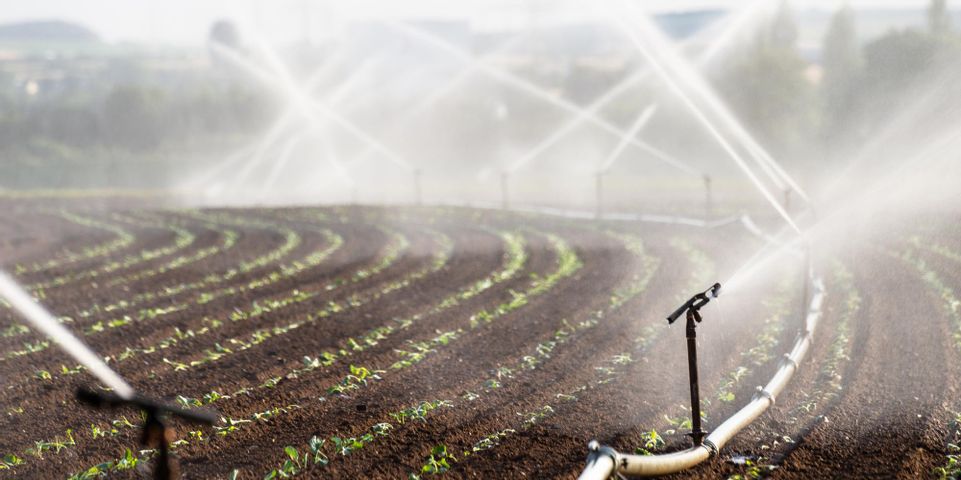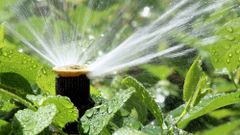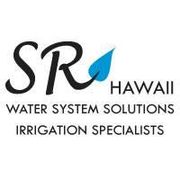An Introduction to Smart Irrigation Systems

Irrigation helps to keep farms, orchards, lawns, and gardens healthy and beautiful. Plants will wilt and die if they don’t receive hydration and nutrients from water. Smart irrigation systems remove the guesswork out of watering crops and plants, ensuring they get what they need to survive.
What’s Smart Irrigation?
 Smart irrigation systems feature in- and above-ground sensors that monitor weather and soil conditions. They also have a controller that accepts inputs from sensors that measure wind, solar radiation, temperature, and humidity. With these readings, the controller calculates when and how long to turn on the sprinklers. The controller is also smart enough to factor evaporation rates and plant moisture uptake to predict the right moment to engage the system. Additionally, smart irrigation systems are divided into zones so that they can fine-tune the watering schedule based on the types of plants and variations in the soil.
Smart irrigation systems feature in- and above-ground sensors that monitor weather and soil conditions. They also have a controller that accepts inputs from sensors that measure wind, solar radiation, temperature, and humidity. With these readings, the controller calculates when and how long to turn on the sprinklers. The controller is also smart enough to factor evaporation rates and plant moisture uptake to predict the right moment to engage the system. Additionally, smart irrigation systems are divided into zones so that they can fine-tune the watering schedule based on the types of plants and variations in the soil.
What Are the Benefits of Smart Irrigation?
These systems conserve water, eliminating waste and saving you money on utility bills. For agribusinesses, the savings can translate into hundreds or thousands of gallons per month. Additional savings can be earned as some water utilities offer rebates for installing this technology.
Having a smart irrigation system also saves time because it removes the need to manage the sprinklers. Manual input isn’t necessary since the controller adjusts the schedule based on constantly-updated conditions. Smart irrigation systems are the epitome of set-it-and-forget-it automation, providing the utmost convenience.
If you want to install a smart irrigation system, get in touch with SR Hawaii. This family-owned company has served clients throughout Hawaii since 2007, helping them maintain their crops. They also specialize in water treatment, drip irrigation, and water system construction. Visit their website to learn more about their services, or call (808) 651-0691 to arrange a consultation.
About the Business
Have a question? Ask the experts!
Send your question

